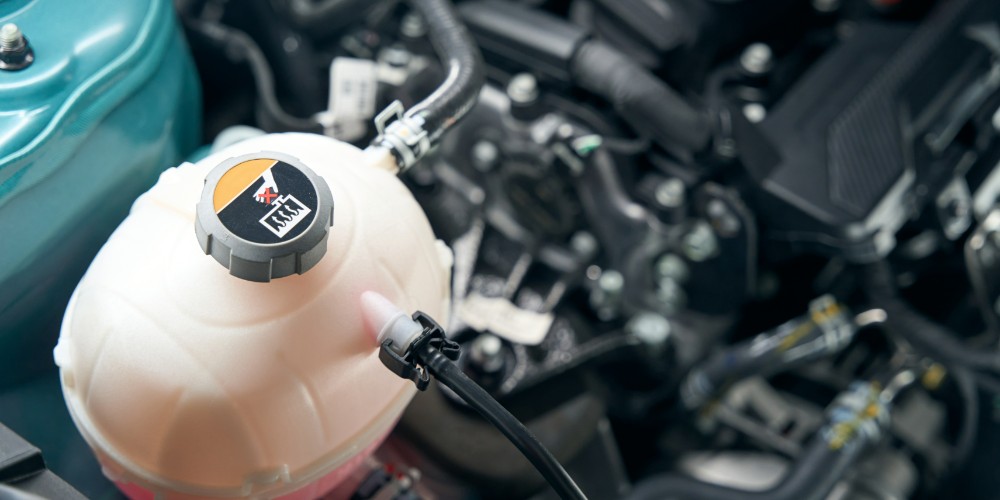However, there are a few important factors to consider before you make the decision to swap your car.
Understanding Your Current Finance Agreement
Before you make any decisions about swapping your car, it’s important to understand the terms of your current finance agreement. This will help you determine whether or not it’s financially feasible for you to swap your car.
If you have a Hire Purchase (HP) or Personal Contract Purchase (PCP) agreement, you will need to pay off the outstanding balance before you can swap your car. This is because the car is used as collateral for the loan, and the lender needs to ensure that the loan is repaid before the car can be sold or transferred.
If you have a Personal Loan or a Credit Card, it may be possible to swap your car without paying off the full balance. However, you should speak to your lender to find out what options are available to you.
Calculating The Cost Of Swapping Your Car
Once you have a clear understanding of the terms of your current finance agreement, you can start to calculate the cost of swapping your car. This will involve looking at the value of your current car, the outstanding balance on your finance agreement, and the cost of the new car you want to purchase.
If the value of your current car is less than the outstanding balance on your finance agreement, you will need to pay the difference in order to settle the agreement. You may also need to pay an early settlement fee if you are ending the agreement before the agreed term.
If the value of your current car is greater than the outstanding balance on your finance agreement, you may be able to use the equity to put towards a deposit on your new car. This can help to reduce the amount you need to borrow for your new car, which can help to reduce your monthly payments.
Choosing The Right Finance Agreement For Your New Car
Once you have calculated the cost of swapping your car, you will need to choose the right finance agreement for your new car. There are many types of car finance options available, including HP, PCP, and leasing. Each of these options has its own advantages and disadvantages, so it’s important to choose the right one for your circumstances.
HP agreements involve paying a deposit, followed by fixed monthly payments over a set period of time. By the conclusion of the agreement, the car becomes your full and complete property. PCP agreements are similar but with the option to hand the car back at the end of the agreement instead of owning it. Leasing agreements involve paying a fixed monthly payment to use the car for a set period of time, without the option to own the car at the end of the agreement.
When choosing a finance agreement, it’s important to consider your budget, your driving habits, and your long-term plans for the car.
Swapping Your Car On Finance: Pros & Cons
There are a number of pros and cons to consider when swapping your car on finance.
Pros:
- You can upgrade to a newer or better car without having to pay off your current finance agreement in full.
- You may be able to reduce your monthly payments if you use any equity in your current car towards a deposit on your new car.
- You can choose a finance agreement that better suits your current circumstances and driving habits.
Cons:
- You may need to pay an early settlement fee if you are ending your current agreement before the agreed term.
- If the value of your current car is less than the outstanding balance on your finance agreement, you will need to pay the difference in order to settle the agreement.
- Swapping your car on finance can extend the length of your finance agreement, which may result in paying more in interest over the long term.
Conclusion
Swapping your car on finance is possible, but it’s important to consider the terms of your current finance agreement, the cost of swapping your car, and the pros and cons of doing so. By doing your research and making informed decisions, you can ensure that you get the best deal for your circumstances and budget. Remember to speak to your lender and a reputable car dealership to get the advice you need before making any decisions.





